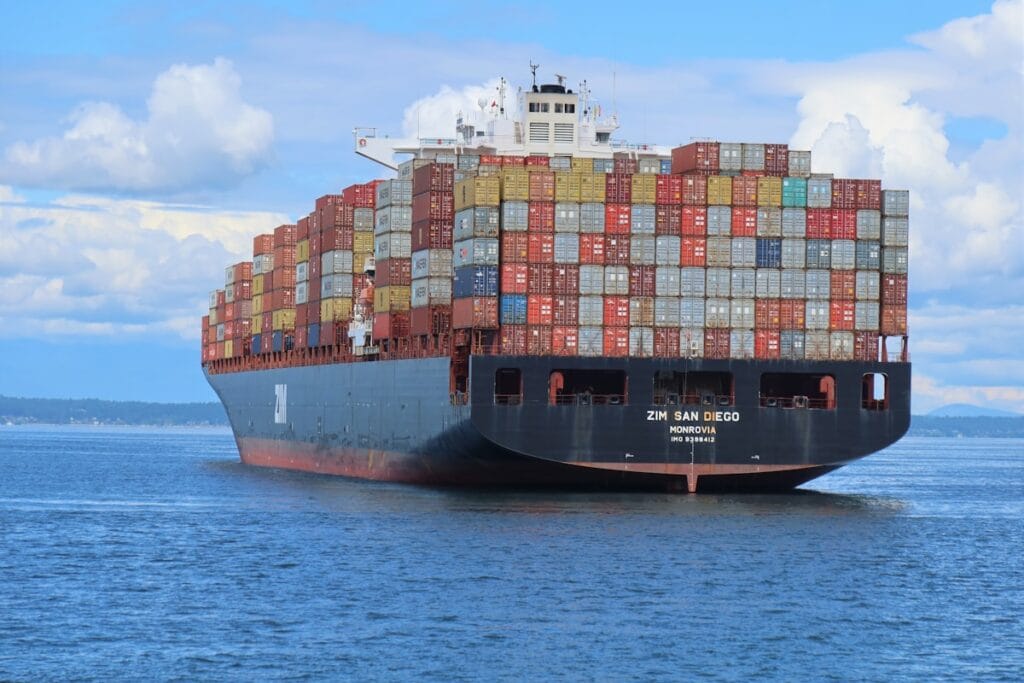US Tariffs Fallout as Chinese Goods Face the Axe and May Start Flooding Europe’s Shores
In an interconnected world, no economic decision is ever truly isolated. Would Europe's shores get flooded by Chinese Goods as US tariffs are trying to axe them?

As Washington barrels ahead with a new wave of tariffs targeting Chinese goods, a fresh storm brews over the Atlantic. While President Trump’s administration frames the move as a patriotic shield for American industry, the ripple effects are already beginning to lap at the shores of Europe and the United Kingdom. The pain, though indirect, may be sharp—and in some sectors, sustained.
US Tariffs on Chinese Goods- Economic Side Effects on Europe’s Shores
No one knows exactly how the US tariffs will play out in the long term—least of all investors. The uncertainty is heightened not just by the scale of the tariffs, but by the mercurial temperament of the man behind them. President Donald Trump, back in power and wielding economic policy like a blunt instrument, has left markets scrambling for clarity.
So far, the reaction has been overwhelmingly negative. The Nasdaq, home to tech giants whose global supply chains are acutely sensitive to trade disruption, fell 6% in a single week. The S&P 500 and the Dow were not far behind, shedding 4.8% and 3.9%, respectively. Analysts at JPMorgan and Morgan Stanley warn that this may be only the beginning of a broader repricing.

Tech firms, many of which depend on affordable Chinese components, face both cost pressures and strategic paralysis. Meanwhile, American manufacturers who source parts abroad now find themselves forced to either absorb rising input costs or pass them on to consumers—risking demand at a time when household balance sheets are already fragile.
The administration insists this is a necessary correction. “It’s time to bring industry home,” one senior White House official said. But bringing industry home is easier said than done. Supply chains are not light switches. The economic system President Trump seeks to unpick has taken decades to build—and, for better or worse, helped keep consumer prices low.
As policy whiplash reverberates through markets and boardrooms, the bigger question looms: will this gamble to reboot American manufacturing succeed, or will it spark a global misalignment that hurts more than it helps?
For now, Wall Street has offered its verdict—and it’s not optimistic.
At the heart of the issue is simple economics. Goods that can no longer compete in the American market due to steep import levies must go somewhere. China, unwilling to shutter factories or tolerate ballooning inventories, will likely redirect this surplus to other markets. Europe and the UK, wealthy, consumer-driven, and not yet cloaked in comparable tariff barriers, make natural alternatives.

The result? A probable influx of low-cost goods that may flood European ports and undercut domestic manufacturers. From electronics in Eindhoven to textiles in Yorkshire, we enter a race to the bottom that few homegrown firms can afford.
In recent months, preliminary trade data from Rotterdam, Hamburg and Felixstowe already suggest a shift in shipping patterns, with Chinese exports ticking upward despite sagging demand. Some of these goods—especially in sectors like machinery, consumer electronics, and basic apparel—mirror the very items now being priced out of the US market.
European policymakers, for their part, are watching with unease.

While some welcome the potential for cheaper goods to ease inflationary pressures and delight price-sensitive consumers, others fear long-term industrial erosion. “The risk is subtle but real. You do not notice a company folding until it is gone” warn trade officials in Brussels.
Britain, unmoored from the EU’s broader trade strategy since Brexit, faces a particularly tricky path. Without the protective buffer of a coordinated European tariff regime, it may find itself more exposed to this redirection of global goods. British manufacturers, already contending with rising input costs and post-Brexit frictions, are ill-positioned to absorb another blow.
Protectionism, long considered a uniquely American indulgence, is now a contagion with international consequences. The irony is that while the US tries to insulate itself from Chinese competition, it may simply be redistributing that pressure elsewhere. In the coming quarters, European trade officials may find themselves debating a question that once seemed foreign: not whether to impose tariffs, but how quickly.
In an interconnected world, no economic decision is ever truly isolated. Europe and Britain may soon discover that in trade wars between giants, even bystanders can bleed.
Do you want to share your story and inspire our readers ? Know that YOUR EXPERTISE is paving the way for a fairer, happier society.




